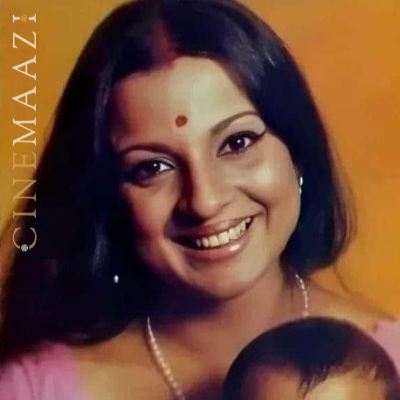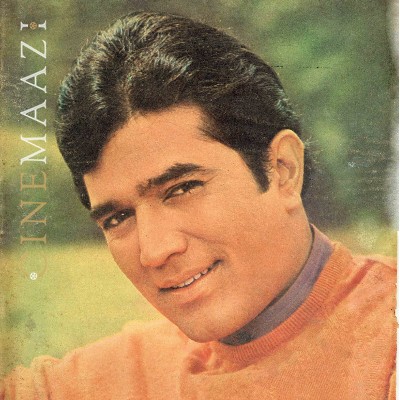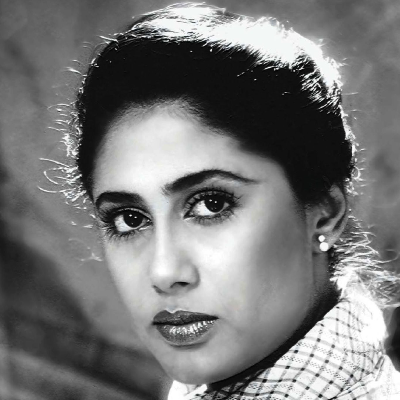P Padmarajan
Subscribe to read full article
This section is for paid subscribers only. Our subscription is only $37/- for one full year.
You get unlimited access to all paid section and features on the website with this subscription.
Not ready for a full subscription?
You can access this article for $2 , and have it saved to your account for one year.
- Born: 23 May, 1945 (Muthukulam, Alappuzha)
- Died: 23 January, 1991 (Calicut)
- Primary Cinema: Malayalam
- Parents: Thundathil Anantha Padmanabha Pillai, Njavarakkal Devaki Amma
- Spouse: Radhalakshmi
- Children: P Ananthapadmanabhan, Madhavikutty
The legendary writer-scenarist-director P Padmarajan played a significant role in shaping Malayalam cinema and the literary world. Known for his acute observations of human relationships and drawing on the natural elements to emphasise the emotions of his characters and narrative, he walked the middle ground between art house and mainstream cinema.
Padmarajan was born on 23 May, 1945 in Muthukulam, Alappuzha in the princely state of Travencore to Thundathil Anantha Padmanabha Pillai and Njavarakkal Devaki Amma. He graduated in Chemistry from the University of Thiruvananthapuram in 1963. In 1965, he started working with All India Radio as an announcer.
An established author of 17 novels and several short stories, his first novel Nakshathrangale Kaaval was awarded the Kerala Sahitya Academy award in 1972. His first short story that was published - Lola Milford Enna American Penjidavu, was inspired by the American guide he received from his brother-in-law. As a writer, he belonged to a group of influential modernist writers who fuelled their stories with carnal desires and existential angst, where the characters negotiated human emotions of love and loss, of passion and individualism. Several of his novels explored sensuality like Nanmakalude Sooryan, Shavavahangalum Thedi, Pukakkannada, and Manjukalam notta Kuthira.
By the mid-70s he entered the film world as a scriptwriter for Bharathan’s directorial debut Prayanam (1975). The two had a long collaborative partnership and are credited, along with K G George, for the emergence of the parallel wave of Malayalam cinema. He also shared a fruitful partnership with other major filmmakers in the industry of the time like I V Sasi and Mohan who were equally responsible for the shift in Malayalam cinema. Bharathan’s Rathi Nirvedham (1978), Thakara (1979), Lorry (1980) and Eenum (1983) were written by him. Padmarajan was also credited with I V Sasi’s films Itha Ivide Vare (1977), Vadagaikku Oru Hridayan (1978), Kaikeyi (1983) and Kaanamarayathu (1984).
In 1979, he took on the role of director with his first feature film, Peruvazhiyambalam that delved into the societal construction of masculinity. The film was loved by both the audiences and critics. His 1981 film Oridathoru Phayalwan sees a simple wrestler’s rise in popularity, the admiration, adoration and envy attached to him and his eventual fall in popularity. The film won the gold medal at the Asian Film Festival. Koodevide? (1983), one of his most popular works, was a psychological thriller that shows the unthinkable facets of an aggressive masculinity underneath polite behavior. He explored the themes of forbidden love, romance, sexuality and the whole bundle of emotions that comes along with these themes up until his last film Njan Gandharvan (1991), which explores the love between a girl and a divine being. This exploration of transgressive love often saw the characters push the societal barriers of Malayalam society.
Padmarajan created female characters that were real and complex. We see this in the character of Clara in Thoovanathumbikal (1987) who asserts her agency in her choice of occupation (she is a sex worker) without wallowing in self-pity and apologetic existence. The high school girls Nimmy and Sally in Deshadanakkili Karayarilla (1986) explore their relationship and sexuality. He extends a genuine sensitivity to his characters that have their own quirks and moments. All his films were based on his own scripts. The detailed screenplays that resulted in visually stunning cinema make him one of the finest writers to ever grace Malayalam cinema.
In 1970, he married his colleague from AIR, Radhalakshmi. She read and discussed the several drafts of his story, and contributed ideas to his narratives. They had one son P Ananthapadmanabhan and a daughter Madhavikutty. His son is also an established writer. He received the National Award for Best Feature in Malayalam film twice—once for Peruvazhiyambalam (1979) and later for Thinkalaazhcha Nalla Divasam (1986). Padmarajan passed away after suffering a major cardiac arrest on 23 January, 1991 in Calicut.











.jpg)



